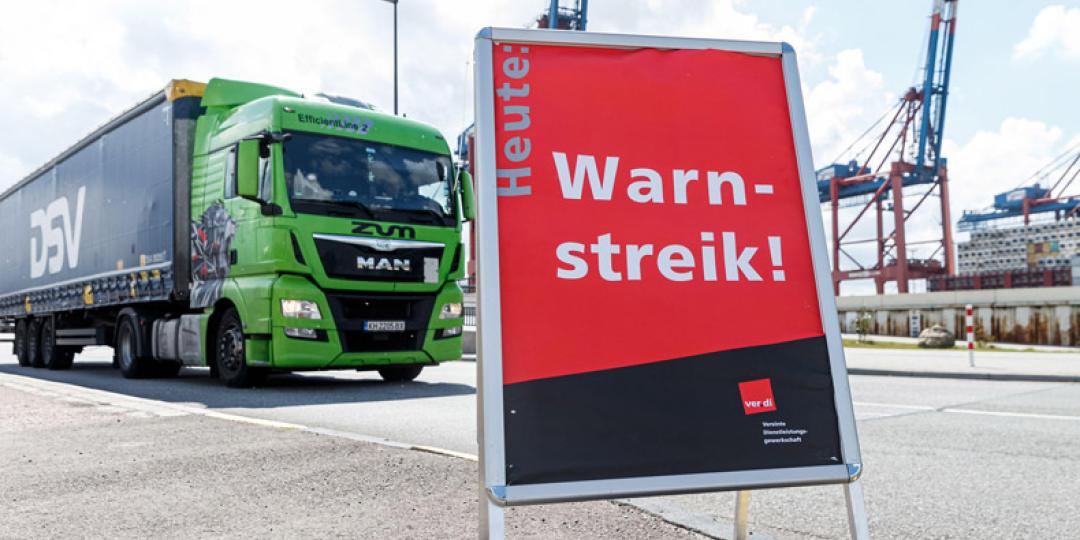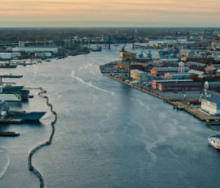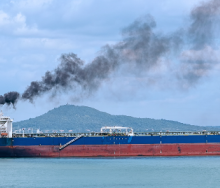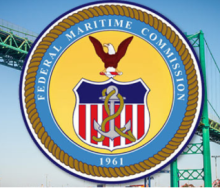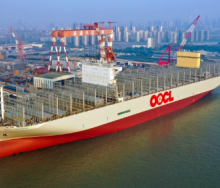The fast-rising cost-of-living crisis is expected to precipitate more labour disputes across developed markets as dockworkers seek to make up for price inflation, heaping more disruption on congested ports, according to Drewry.
Clearly South Africa is no exception as an embattled Transnet faces prolonged industrial action as workers demand an inflation-related wage increase.
Strike action at major German and UK ports has caused major disruption to carrier schedules and has adversely impacted port performance, with average call durations rising after the strike action, says the maritime consultancy.
A series of dockworker strikes impacted the main German seaports in June and July, while the UK’s largest container port, Felixstowe, was hit by two eight-day walkouts in late August and September.
The industrial action forced carriers to divert vessels away from the impacted terminals - but Drewry’s analysis, published in its Ports and Terminals Insight, shows a significant increase in pre-berth waiting time, especially in Hamburg where larger mainline vessels incurred an average four-day wait to enter the port in July and August.
Drewry says that while agreement with the unions has now been reached in Germany, labour availability – particularly at weekends - remains challenging. “Yard occupancy remains high and this is impacting productivity, resulting in extended call durations”
In the UK, Drewry adds, cargo handling operations at Felixstowe also remain disrupted due to the backlog created by eight-day walkouts by dock labour in late August and late September/early October. Strike action at Liverpool is further adding to shipper woes. As a result, disruption is expected to continue through 4Q22.
The consultancy believes that rising inflation increases the likelihood of strike action in other markets – with disruption on the US West Coast remaining a risk while labour contract negotiations between the International Longshore and Warehouse Union (ILWU) and employer body the Pacific Maritime Association (PMA) continue.
